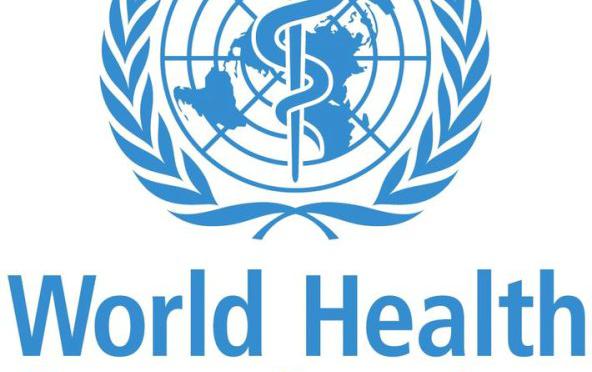On October 29, 2015, the World Health Organization (WHO) released a statement clarifying the recent IARC review regarding human health and red and processed meats. WHO also confirmed there were “shortcomings” with the review’s classification process. Learn what WHO, doctors and dietary experts are saying about the recent IARC Report on red and processed meats.
On October 29, 2015, the World Health Organization released a public statement (http://www.who.int/mediacentre/news/statements/2015/processed-meat-cancer/en/) re-enforcing the important role red and processed meats play in a healthy, balanced diet. The WHO statement clarifies the International Association of Research on Cancer’s (IARC) review and conflicting media reports: “[the] IARC review does not ask people to stop eating processed meats but indicates that reducing consumption of these products can reduce the risk of colorectal cancer.”
WHO spokesperson Gregory Härtl stated the study was “misinterpreted” and it was a “shortcoming” of IARC’s classification system which led to tobacco, arsenic and processed meats being linked in the same category: “We’re not saying stop eating processed meats altogether. Do not cut out meats completely as it has nutrients… We do not want to compare tobacco and meat because we know that no level of tobacco is safe. Eat healthily means eating a balanced diet, too much of anything is not good.” (Irish Times)
Health and cancer experts from around the globe have voiced similar sentiments about the nutritional benefits of red and processed meats and the low risk associated with consuming meat and developing cancer:
- “It’s important to remember it’s a relative risk. An individual’s personal risk [for colorectal cancer] is already relatively low.”
Dr. Sian Bevan, Research Director, Canadian Cancer Society
- “This is completely the wrong conversation for Canadians to be having about cancer, especially colon cancer. When it comes to colon cancer, the most important conversation we should be having is about early screening and prevention – that’s where we can actually make a difference.”
Amy Elmaleh, Executive Director and Co-founder, Colon Cancer Canada
- “Red and processed meats do not give you cancer. Avoiding red meat in the diet is not a protective strategy against cancer. The top priorities for cancer prevention remain smoking cessation, maintenance of normal body weight and avoidance of high-alcohol intakes. Red meat has a valuable role within a healthy, balanced diet thanks to its high-protein content and rich nutritional composition.”
Dr. Robert Pickard, Emeritus Professor of Neurobiology at the Cardiff University
- “We need to focus on what kind of positive effect diet can have. We don’t have to be dietary integralists and not eat any more sausage…Eating red meat or processed meat a couple of times a week would be good.”
Michael G. DeGroote School of Medicine at McMaster University
- “What we’re saying is, it isn’t that you should eat meat. It’s that you shouldn’t eat a lot of meat or especially processed meat every day.”
Dr. Susan Whiting, Professor of Nutrition and Dietetics
- “But before we move on, let’s be clear: yes, a prolonged high-meat diet isn’t terribly good for you. But a steak, bacon sandwich or sausage bap [sandwich] a few times a week probably isn’t much to worry about. And overall the risks are much lower than for other things linked to cancer – such as smoking.”
Cancer Research UK
Over the past number of years, Maple Leaf has taken marked steps to transition our product portfolio towards more nutritious, better-for-you protein, including establishing a firm commitment to ensure all new products we launch, with the exception of a very few cured meat products, will meet Health Canada’s 2016 voluntary guidelines for sodium. We launched Maple Leaf Natural Selection Protinis, a convenient, lean chicken protein option for families on-the-go, and we are the leader in ‘Raised Without Antibiotic’ pork protein in North America. You can read more about our nutrition and health commitments at Feeding the Country, Responsibly (http://www.mapleleafsustainability.ca), our recently launched sustainability website.
Helping consumers make informed choices about our products is very important to us. We have been working with a recognized, independent Canadian nutritionist to make significant updates to the nutrition section of our consumer-branded website. The new section will provide consumers with transparent, fact-based, balanced information on how best to integrate processed meat into their diverse lifestyles. It will launch in the coming weeks.
As many health experts agree, ceasing red and processed meat consumption is not a preventative strategy against cancer. At Maple Leaf, we firmly believe that eating a balanced diet is one of the most important aspects of good health. People should eat meat in moderation, always follow proper dietary guidelines, and maintain a healthy lifestyle.

